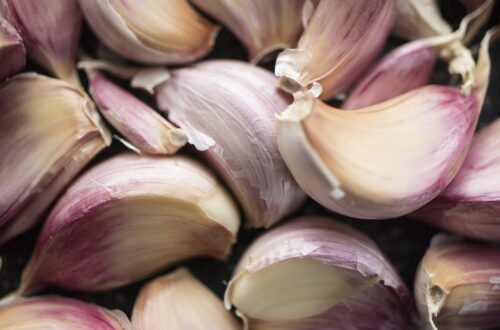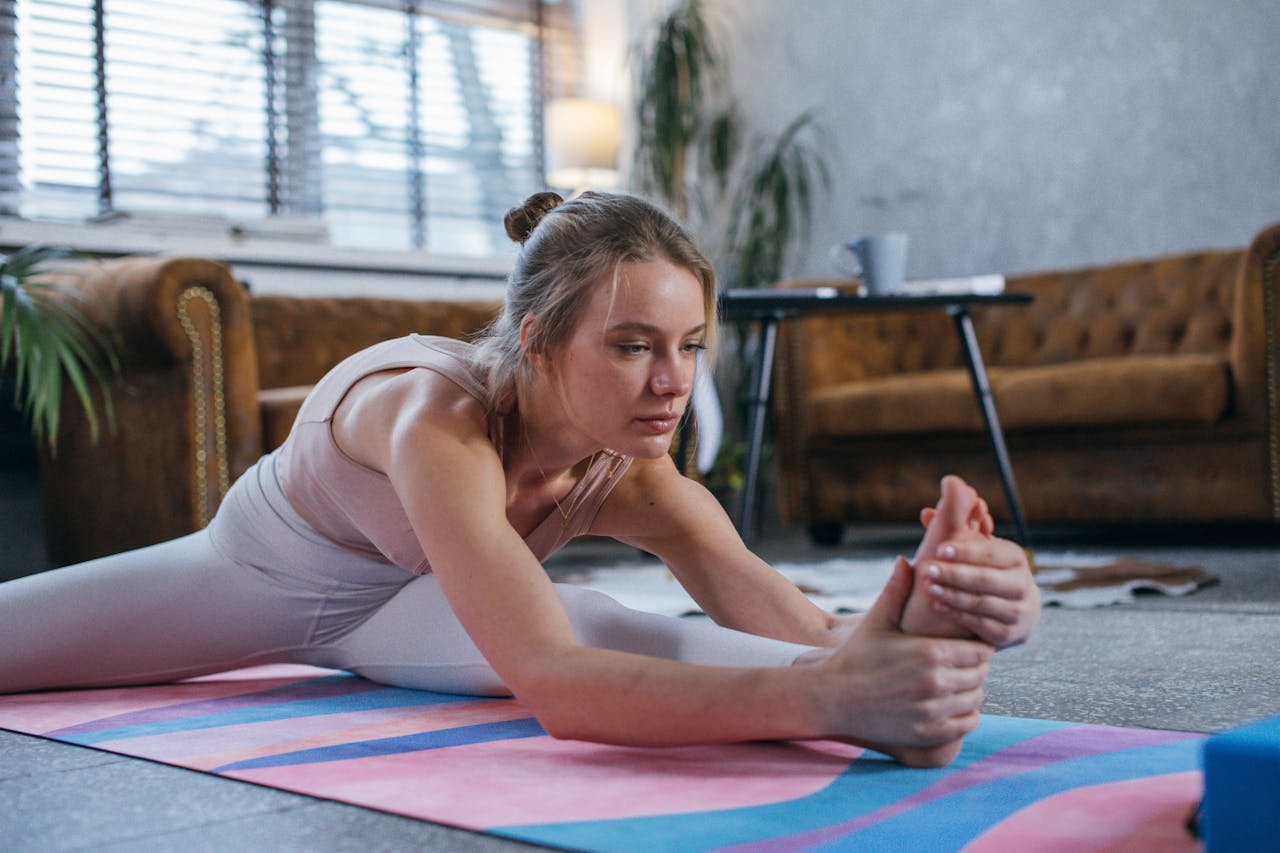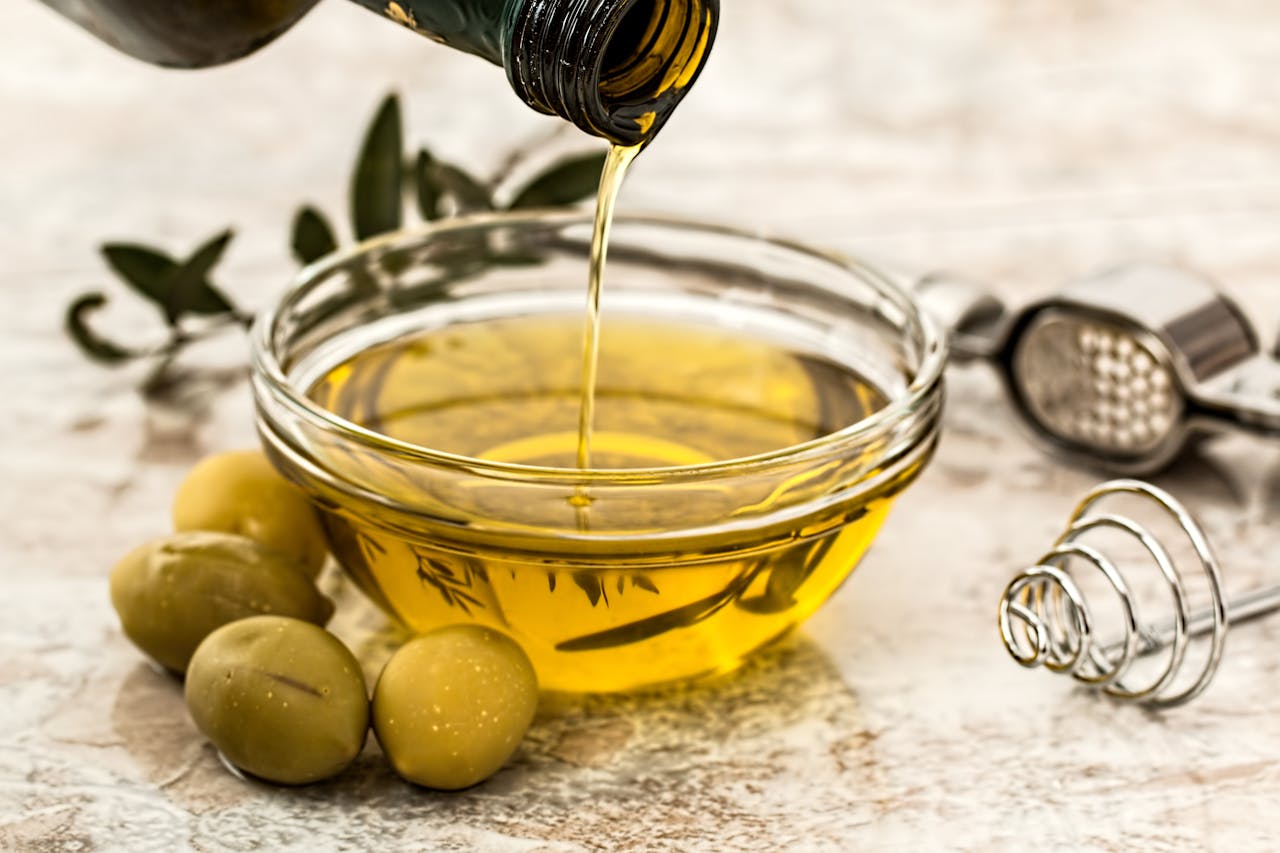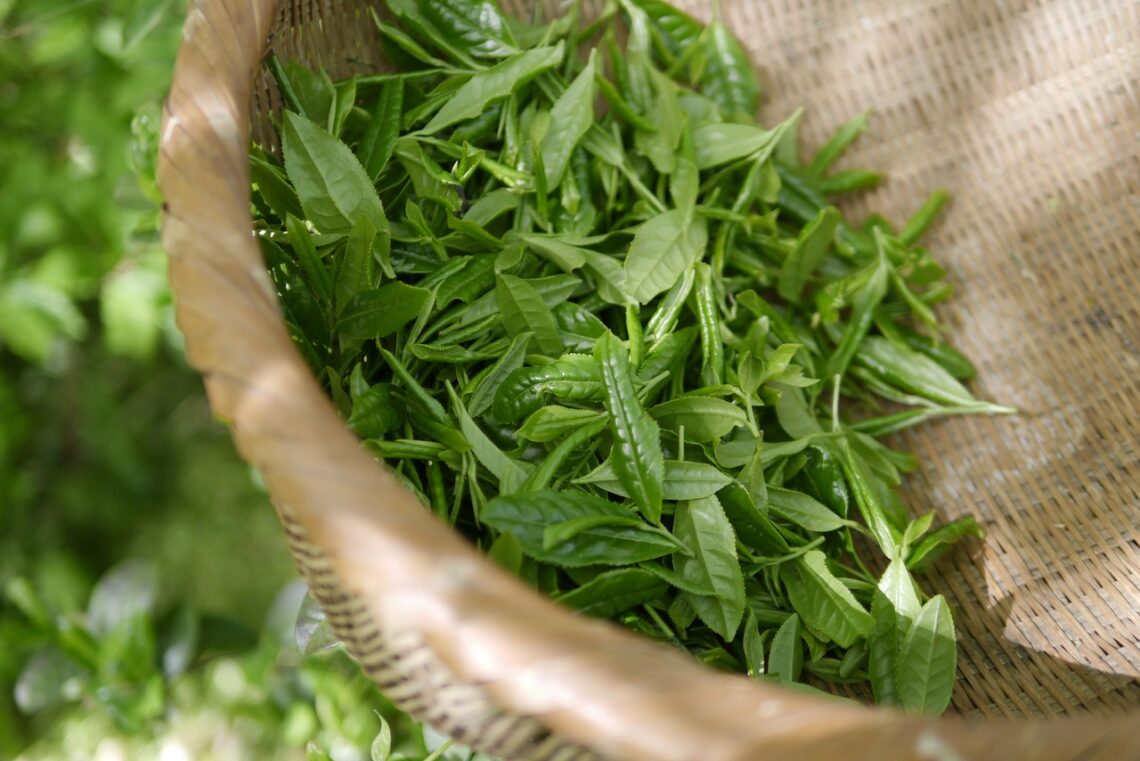
The Best Herbal Teas for Reducing Stress and Anxiety
While there are many anxiety treatments available, the appeal of natural remedies, like herbal teas, has grown significantly.
Herbal teas not only provide a soothing drink but also offer various health benefits, including anxiety reduction.
In this blog post, we will explore the top herbal teas for reducing anxiety, backed by research and user experiences, to help you find the best options for your relaxation needs.
The Benefits of Herbal Teas for Anxiety
Herbal teas are rich in compounds that can help alleviate anxiety by calming the nervous system, promoting relaxation, and improving sleep quality.
These teas have been used for centuries across different cultures for their therapeutic properties.
Here, we highlight some of the most effective herbal teas for anxiety relief.
1. Chamomile Tea
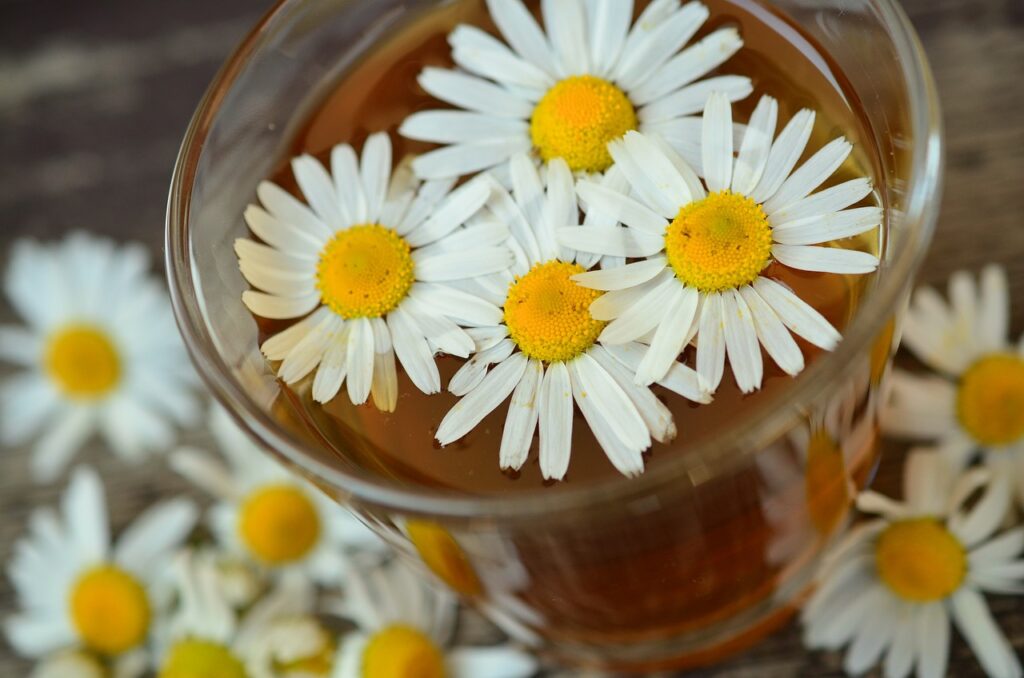
Chamomile tea is one of the most well-known remedies for anxiety and sleep disorders.
Its mild sedative effects come from an antioxidant called apigenin, which binds to specific receptors in the brain that may decrease anxiety and promote sleep.
Research Insights:
- A study published in the Journal of Clinical Psychopharmacology found that chamomile extract significantly reduced moderate-to-severe generalized anxiety disorder (GAD) symptoms over eight weeks .
How to Prepare:
- Steep one to two teaspoons of dried chamomile flowers in hot water for five to ten minutes.
- Add a slice of lemon or a bit of honey for added flavor.
2. Lavender Tea
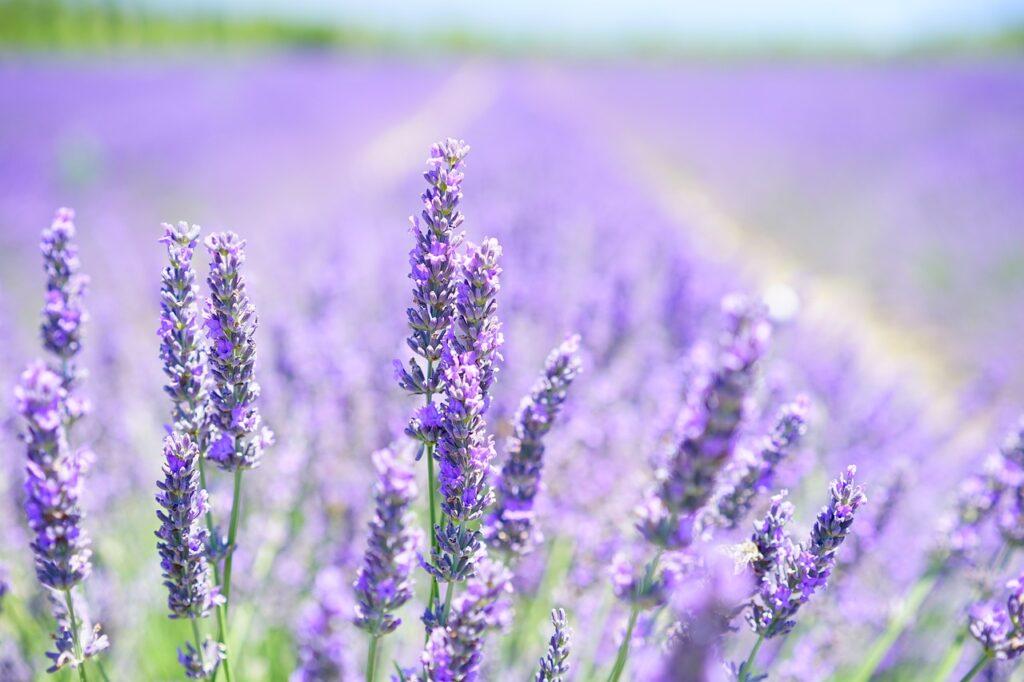
Lavender is renowned for its calming fragrance, but its benefits also extend to tea form.
This tea can help reduce anxiety by affecting the parasympathetic nervous system, which controls the body’s relaxation response.
Research Insights:
- According to a study in Phytomedicine, lavender oil was found to be as effective as lorazepam, a prescription anxiety medication, without causing sedation .
How to Prepare:
- Use one to two teaspoons of dried lavender buds per cup of boiling water.
- Let it steep for about ten minutes. Sweeten with honey if desired.
3. Lemon Balm Tea
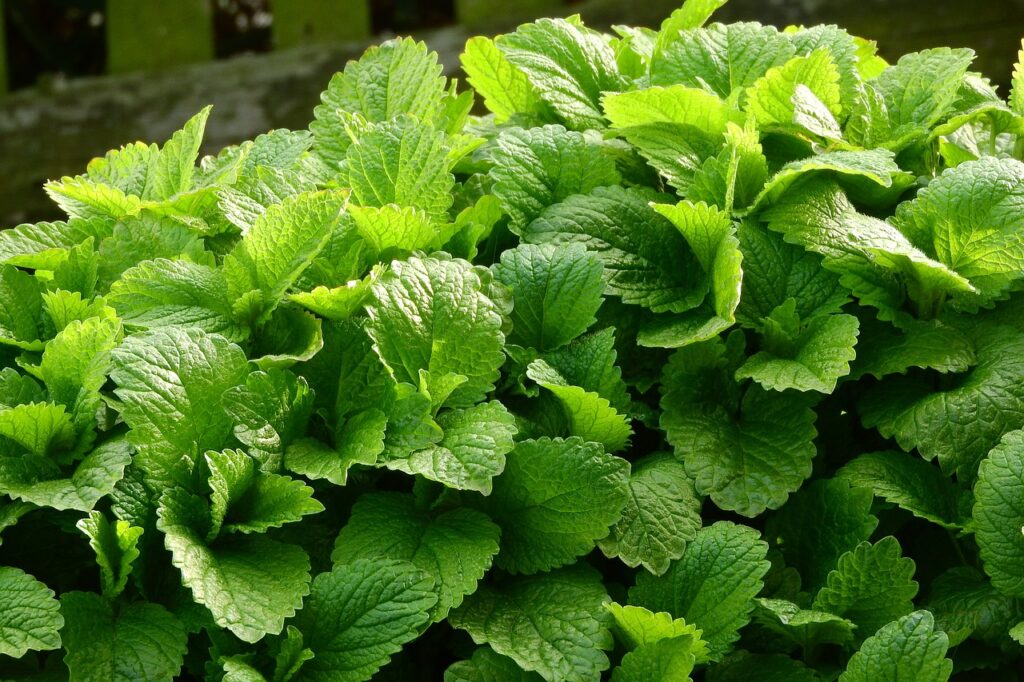
Lemon balm, a member of the mint family, has been used for centuries to help with stress and anxiety.
Its calming effects have been supported by modern research.
Research Insights:
- A study published in the journal Nutrients found that lemon balm significantly reduced anxiety, stress, and improved mood among participants .
How to Prepare:
- Steep one tablespoon of dried lemon balm leaves in hot water for five to ten minutes.
- Enjoy warm or chilled with a slice of lemon.
4. Passionflower Tea
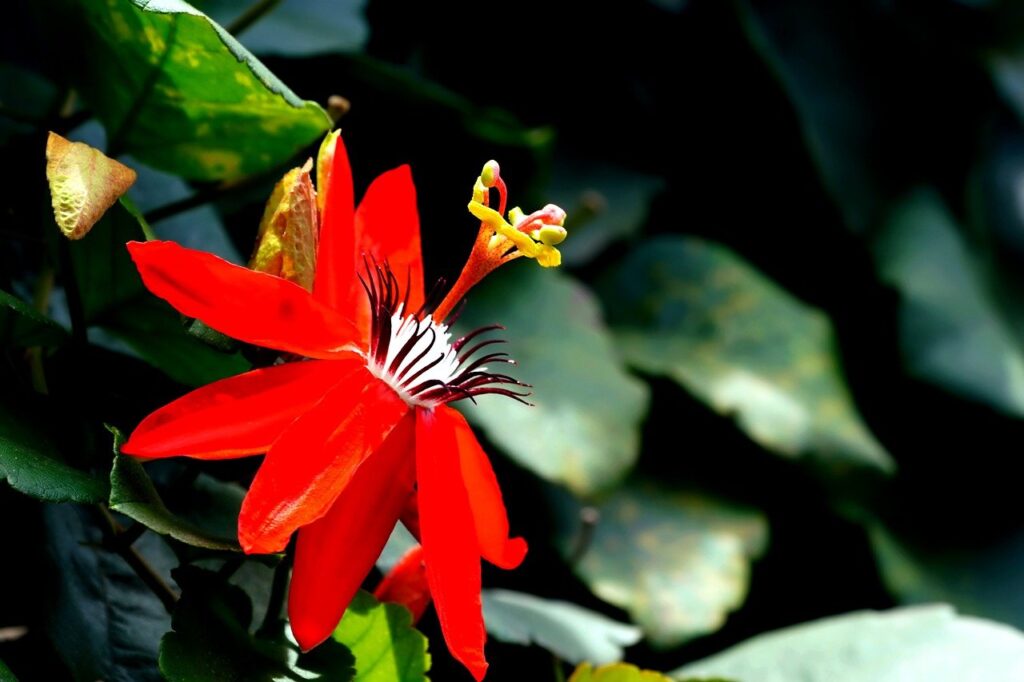
Passionflower tea is known for its ability to reduce anxiety and improve sleep.
It works by increasing the levels of gamma-aminobutyric acid (GABA) in the brain, which helps lower brain activity and promotes relaxation.
Research Insights:
- The Journal of Clinical Pharmacy and Therapeutics reported that passionflower was as effective as oxazepam, a common anxiety medication, but with fewer side effects .
How to Prepare:
- Steep one teaspoon of dried passionflower in hot water for about ten minutes.
- Drink it in the evening to help wind down before bedtime.
5. Valerian Root Tea
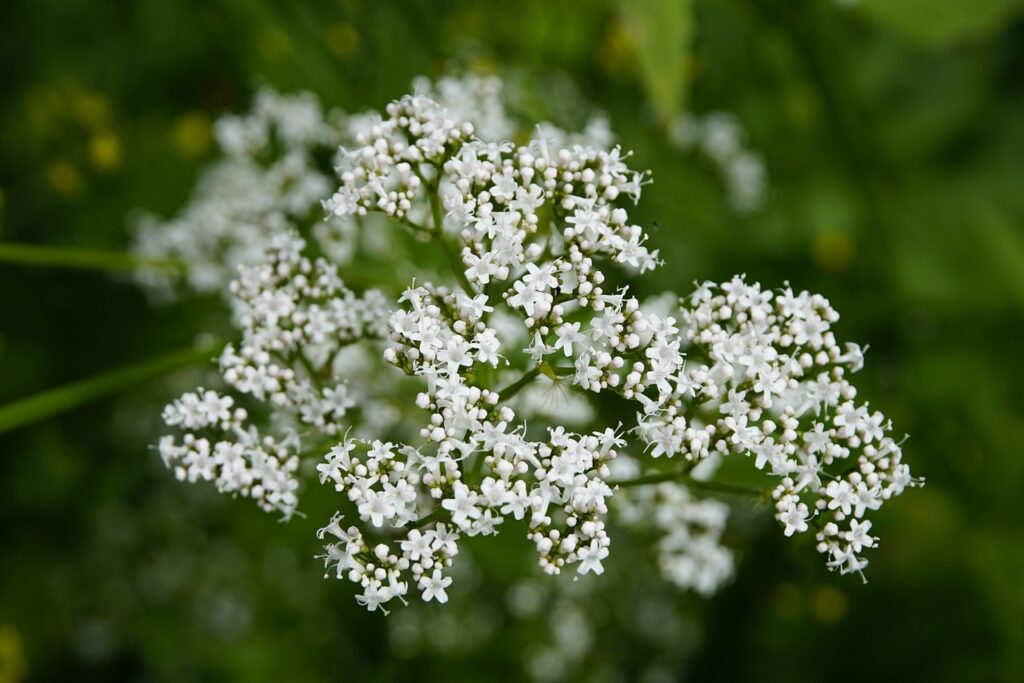
Valerian root is commonly used to treat insomnia, but it is also effective for anxiety.
Its sedative effects are attributed to its ability to increase GABA levels in the brain.
Research Insights:
- A meta-analysis in the American Journal of Medicine concluded that valerian root significantly reduces anxiety symptoms and improves sleep quality .
How to Prepare:
- Steep one teaspoon of dried valerian root in boiling water for ten minutes.
- It’s best consumed in the evening due to its strong sedative effects.
6. Green Herbal Teas

Green tea contains L-theanine, an amino acid known for promoting relaxation without drowsiness. L-theanine can enhance alpha brain wave activity, leading to a state of relaxed alertness.
Research Insights:
- Research in the journal Biological Psychology found that L-theanine significantly reduced heart rate and stress response in subjects under stress .
How to Prepare:
- Brew a cup using a tea bag or one teaspoon of loose leaf green tea.
- Steep for three to five minutes. Drink it throughout the day for continuous calming effects.
Combining Herbal Teas for Enhanced Benefits
Combining different herbal teas can sometimes enhance their effects.
For example, blending chamomile and lavender can provide both the gentle relaxation of chamomile and the soothing effects of lavender.
Experimenting with various combinations can help you find the perfect mix for your needs.
Final Thoughts on Herbal Teas
Herbal teas offer a natural and effective way to manage anxiety.
Whether you prefer the calming effects of chamomile or the less common benefits of passionflower, incorporating these teas into your daily routine can promote a sense of calm and improve your overall quality of life.
However, always consult with a healthcare provider before starting any new herbal regimen, especially if you are pregnant, nursing, or taking other medications.
By embracing the power of herbal teas, you can take a significant step towards reducing anxiety and achieving a more relaxed, peaceful state of mind.
Cheers to your health and tranquility!
Disclaimer
This blog post is for informational purposes only and does not constitute medical advice.
Always consult with a healthcare professional before starting any new treatment for anxiety.
References
- Journal of Clinical Psychopharmacology
- Phytomedicine Journal
- Nutrients Journal
- Journal of Clinical Pharmacy and Therapeutics
- American Journal of Medicine
- Biological Psychology
Found this post helpful? Give it a thumbs up and spread the love!"Deep Sleep


